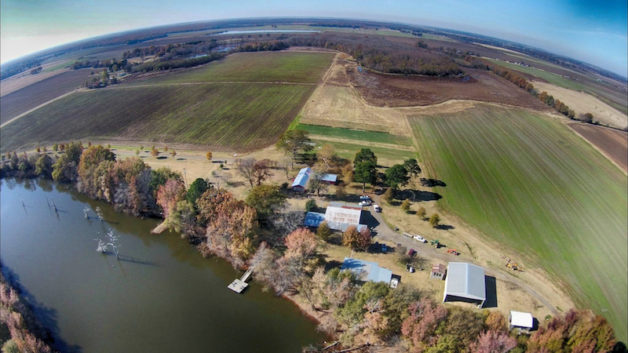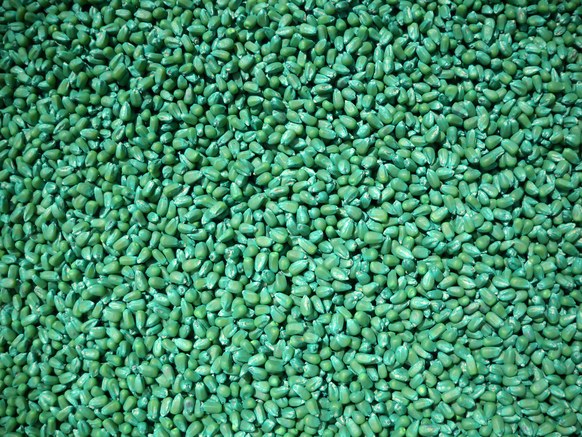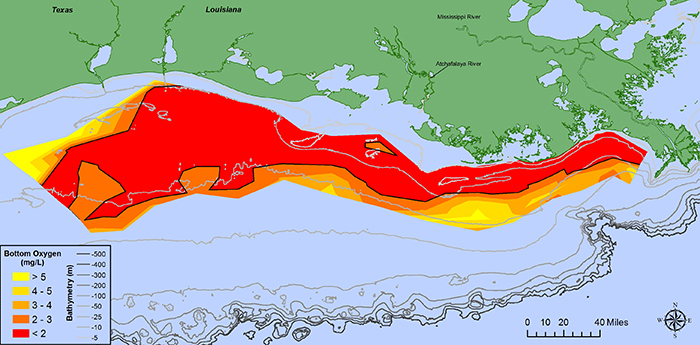Six months ago, in September 2017, I reported a $100 million joint venture announcement between Bayer and Ginkgo Bioworks that aimed to engineer nitrogen-fixing microbes, which could be put into seed coatings and provide nutrients to non-legume crops. Now, the joint venture has been named, and Joyn Bio is staffing up. For the ammonia industry, this represents potential demand destruction at a significant scale in the coming decades.
Content Related to Bayer
Article
The Dawn of Bio-Ammonia
Trevor Brown October 06, 2017
In the last 12 months ... Bio-engineering has set its sights on ammonia. If we could deliver ammonia-emitting microbes to the soil we might make ammonia fertilizer obsolete; on the other hand, if we could farm them, we might establish ammonia as a new, carbon-free algal biofuel.
Article
Bio-Ammonia for fertilizer or fuel (a tale of two bacteria)
Trevor Brown September 15, 2017
Today, we saw probably the single most important announcement in the five years that I've been tracking sustainable ammonia production technologies. Global ag-input giant Bayer and MIT-spin off Ginkgo Bioworks ("we design custom microbes") announced a USD $100 million investment to engineer nitrogen-fixing bacteria into seed coatings, potentially displacing ammonia from its fertilizer market. On the other side of the world, in the Philippines, researchers are developing another use for another bacteria: industrial-scale algal ammonia synthesis. This would allow ammonia to become a carbon-free biofuel, creating a new and much, much, much bigger market for ammonia: no longer fertilizer but energy.


